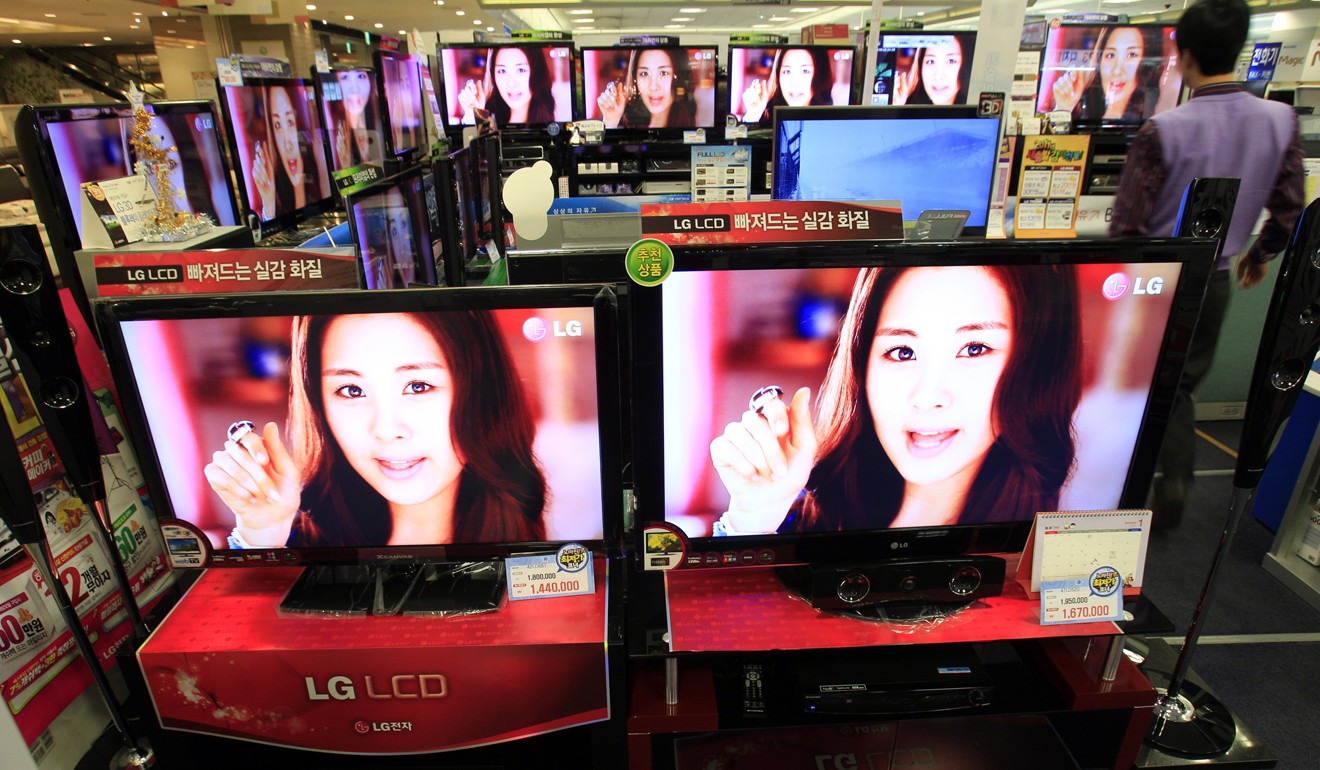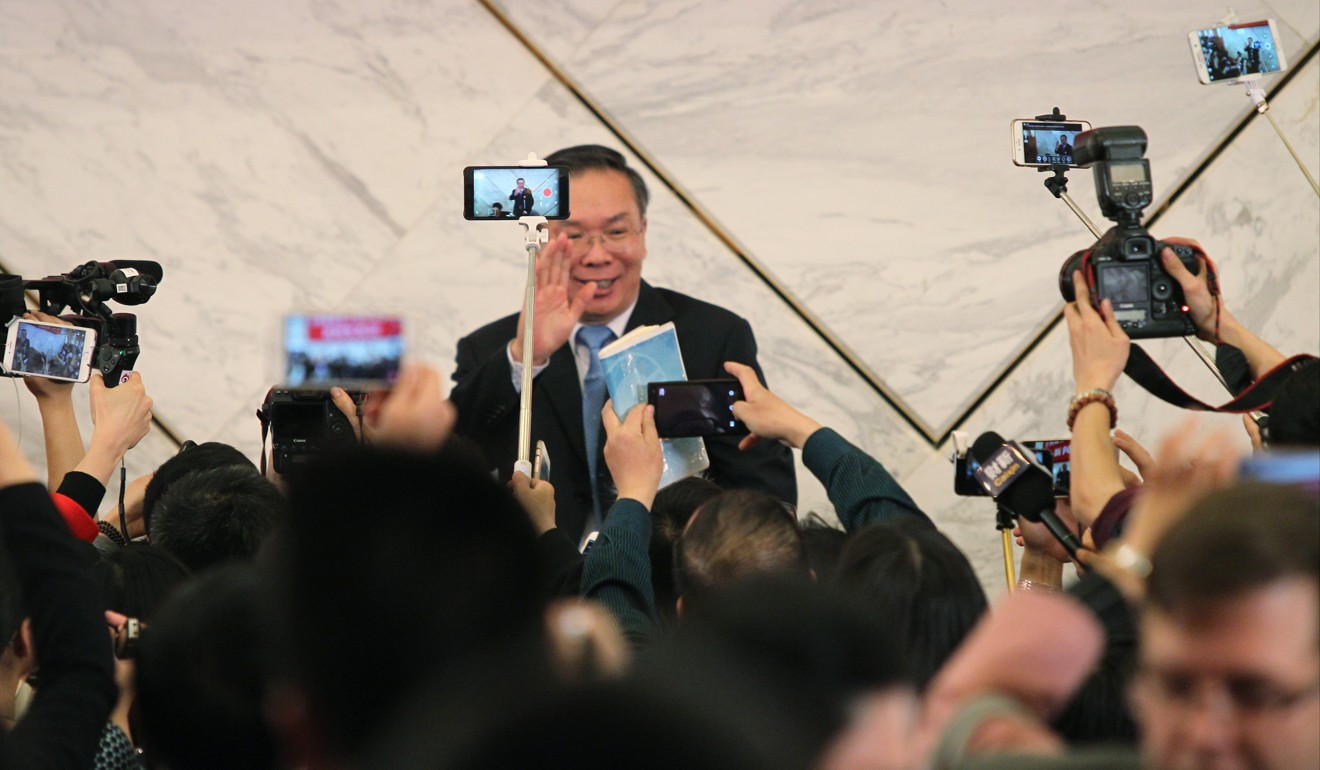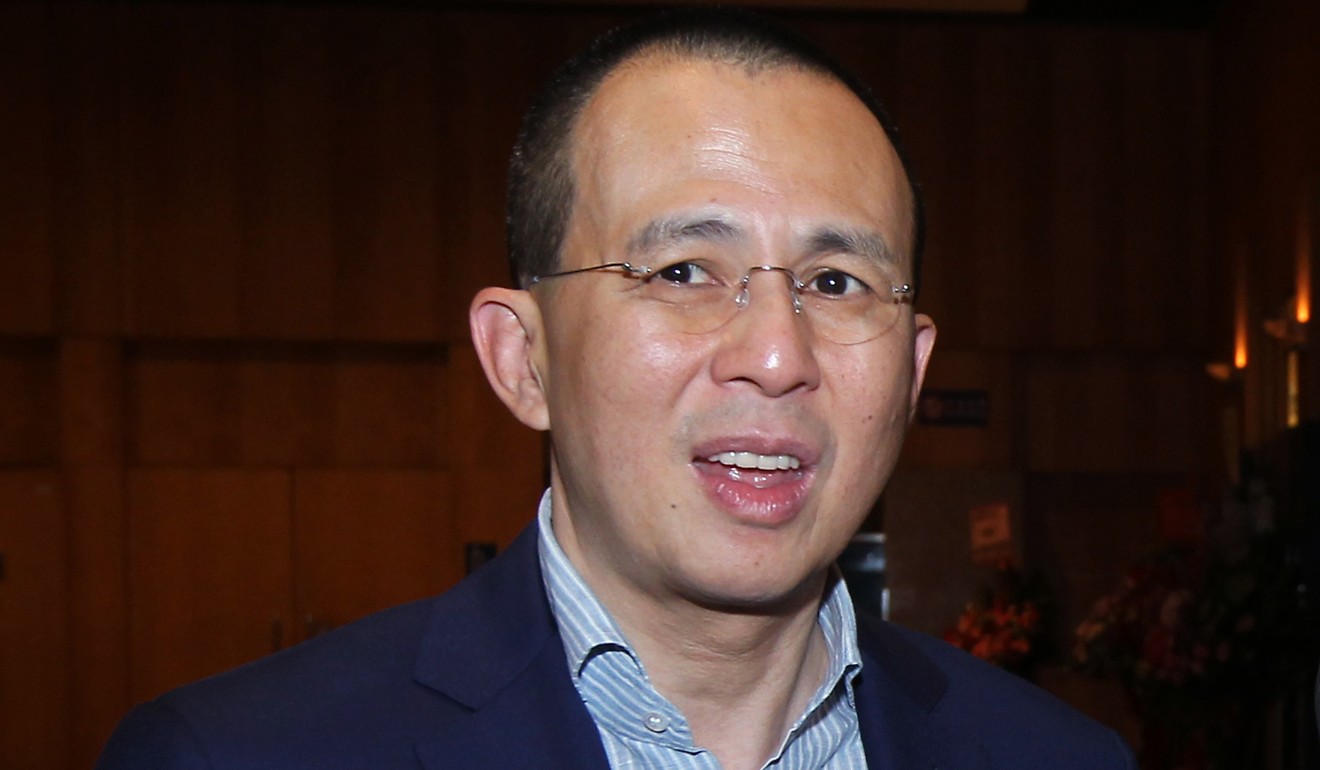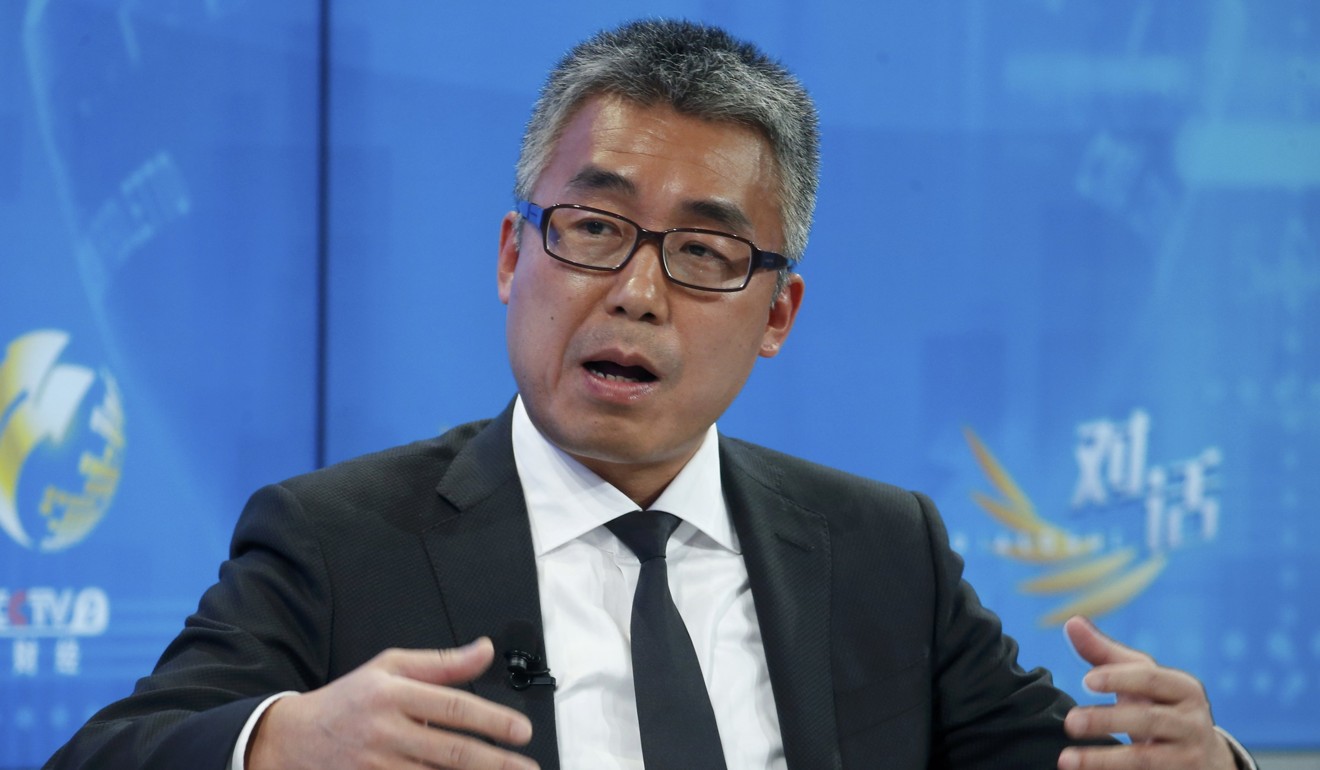
Why Hong Kong’s broadcasting rules are out of date and touch
An overhaul of the existing 17-year-old regulations is pressing in order for industry players to compete, attract investment and to innovate, says industry players and academics
Hong Kong’s existing broadcasting regulations were introduced 17 years ago when internet access and usage was just widening and streaming media service or mobile television, if they existed would have been in a futuristic movie.
But applied to today’s rapidly changing and competitive landscape of a multimedia convergence, the rules would sit better in the archives.
Existing statutory requirements that impose heavy restrictions on domestic television licensees, have failed to keep up with technology development and do little to boost investment and innovation, according to industry players and academics. Instead, the archaic rules of the broadcasting ordinance are hurting industry players’ competitive position.

“When the broadcasting ordinance in Hong Kong was formally put in place in 2000, the industry’s regulator probably never expected that the rapid advancement in technology development over the years has overhauled the city’s media industry,” said Desmond Chan Shu-hung, an Adjunct Associate Professor of Law, University of Hong Kong.
When the broadcasting ordinance in Hong Kong was formally put in place in 2000, the industry’s regulator probably never expected that the rapid advancement in technology development over the years has overhauled the city’s media industry
The ordinance, which repealed the preceding television ordinance, was introduced in 2000. Under the rules, there is no ceiling on the number of licences to be granted, and television programme services are licensed and regulated according to their nature and pervasiveness.
In February 2007, the government concluded that mobile television services were not licensing under the ordinance, because the statutory definition of “television programme service” requires the service to be available for reception by audience of a certain number of specified premises such as residential areas.
But Chan said the government underestimated the pervasiveness of mobile TV.

These days, consumers get their news and information from various new sources such as the internet and via personal computers and mobile handsets.
“You can view Youtube at home and anywhere,” said Leung Tin-wai, head of Department of Journalism and Communication at Shu Yan University, adding that this reduces the importance of traditional sources.
You can view Youtube at home and anywhere
The ordinance spelled out a series of restrictions for licensee in respect to licensing, and requirements on applicants such as foreign ownership control and cross media ownership control, with the aim to protect local interests and to avoid a monopolistic build-up in the media.
Non permanent Hong Kong residents are not qualified to apply for a free TV or pay TV licence, and would be branded a “disqualified person”. The shareholding of the disqualified person in a broadcaster requires approval from the authority.
The ordinance also has a scaleback provision which requires the aggregate voting control exercised by a non-resident company holding a domestic television programme licence to scale back to no more than 49 per cent, even if the company’s interest in the broadcaster exceeds that level.
The Hong Kong Chamber of Commerce said cross-media ownership control should be relaxed by allowing a person or entity to hold three out of four types of media outlets – radio, domestic free TV, domestic pay TV and newspaper, in line with global media trends
The law prohibits certain types of persons or companies such as a licensee in the same category – an advertising agency and the proprietor of a local newspaper from holding license or controlling a local TV station, unless special approval is granted by the Chief Executive.

Chinese media tycoon Li Ruigang, a major shareholder of The Young Lion Holdings, also needed special approval from Leung Chun-ying to become a non executive director of TVB in 2016, because of his association with an advertising agency in China and overseas.

In jurisdictions where such restriction exists, media owners are allowed to routinely hold more than one type of licence, according to Yuen.
In response to the suggestions, the government said there is a need to conduct a review on the regulatory regime in view of the rapid changes in market practices and technology.
The review will cover “the cross-media ownership restrictions and foreign control restriction,” said the Commerce and Economic Development Bureau in an email reply to the South China Morning Post.
Industry observers said television no longer plays the role it did many years ago.
“With such restrictions, i-Cable will close down even it gets approval from minority shareholders. In 10 years time, TVB will close down. the business model does not work ,” said Leung of Shu Yan University.

